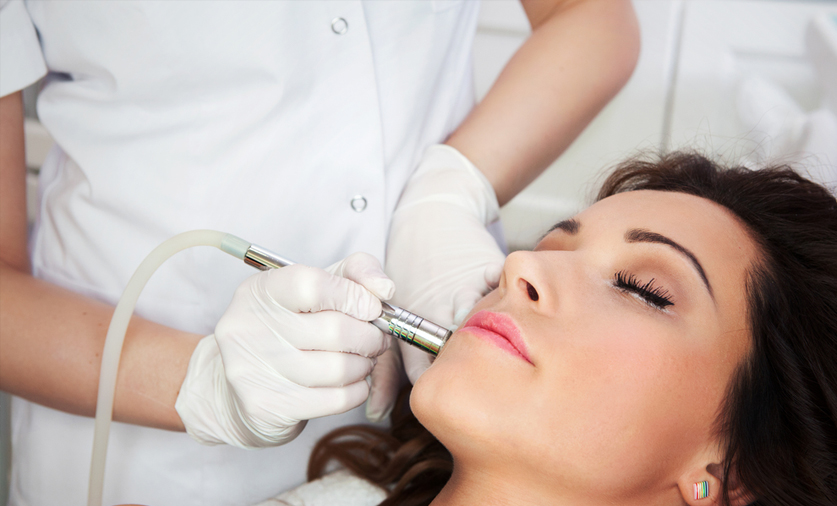Laser skin resurfacing is a tested and trusted way of reducing wrinkles, acne, aging and other skin blemishes. It also tightens the skin and balances its tone. Because laser treatments vary and they can do so much, it is often a difficult task to find the best treatment when you are doing research. Do not be too caught up in brand names. Try to focus on your goals; the skin problem you aim to resolve and what you hope to achieve.
Laser Season
Laser-treated skin can be hypersensitive to sun exposure for up to a year. A good time to seek this treatment is during Autumn. Many cosmetic surgeons recommend undergoing laser resurfacing during winter and fall months because patients will be spending most of their time indoors and daytime hours are shorter than usual. If you sought laser resurfacing on other months, remember to apply a broad-spectrum SPF 30 or higher sunscreen daily. This practice helps you to maintain your results, prevent premature aging, and provide protection against skin cancer.
Discomfort and Pain
Ever felt a rubber band snapping against your skin? That’s what most doctors and patients commonly compare the sensation felt during laser treatments. When it comes to laser resurfacing, feelings vary according to the individual’s tolerance for pain, area of treatment, the depth, and the type of laser used. Deeper ablative (where some outer layers of the skin get removed) require the use of local anaesthetic injections and/or sedatives to make the patients stay comfortable. Non ablative treatment is a treatment where the laser passes through the skin without removing layers. It only requires a numbing cream to get rid of discomfort because it causes little or no pain. Your surgeon will most likely give you some techniques to control any discomfort experienced after laser treatment.
Having Darker Skin Color Doesn’t mean Risky
There is the misconception that laser resurfacing is best suited and safer for people with lighter skin tone and that those with darker skin would face a higher risk of damaging skin cells and discoloration. Concerned patients with darker skinsmay consider other skin treatment options such as microneedling and radio frequency treatments.
The Results of Your Laser Resurfacing is Tremendously Influenced by Whoever Performed the Surgery
Having an experienced, professional and highly trained cosmetic surgeon is the safest way to dramatically improve your appearance. With poorly trained doctors, the treatment will be ineffective and even dangerous. Try to pick the best surgeon based on individual experiences. Do not patronize a surgeon because you are getting the best deals from him or her.
Medications and Health Conditions may Affect how Your Skin Reacts to Laser Treatment
Make sure to tell the surgeon about any medical condition you might be suffering from before the start of the operation. For patients suffering from a cold or fever, the treatment could trigger breakouts. Also, the use of acne drugs containing isotretinoin can lead to poor healing and scarring. Even aspirins can increase the risk of post-procedure bleeding.
